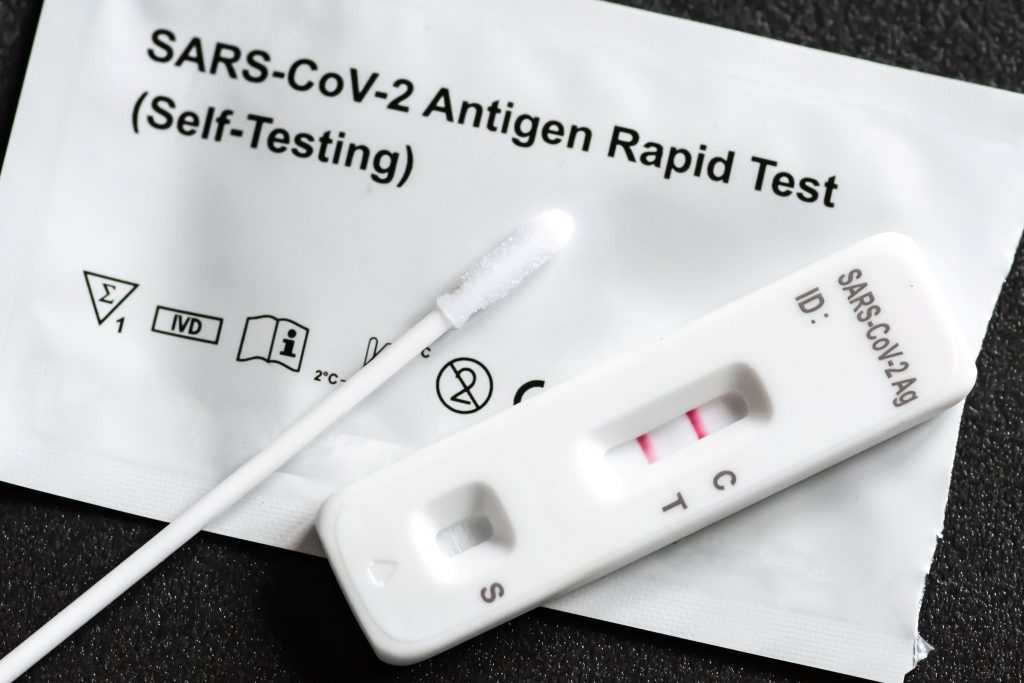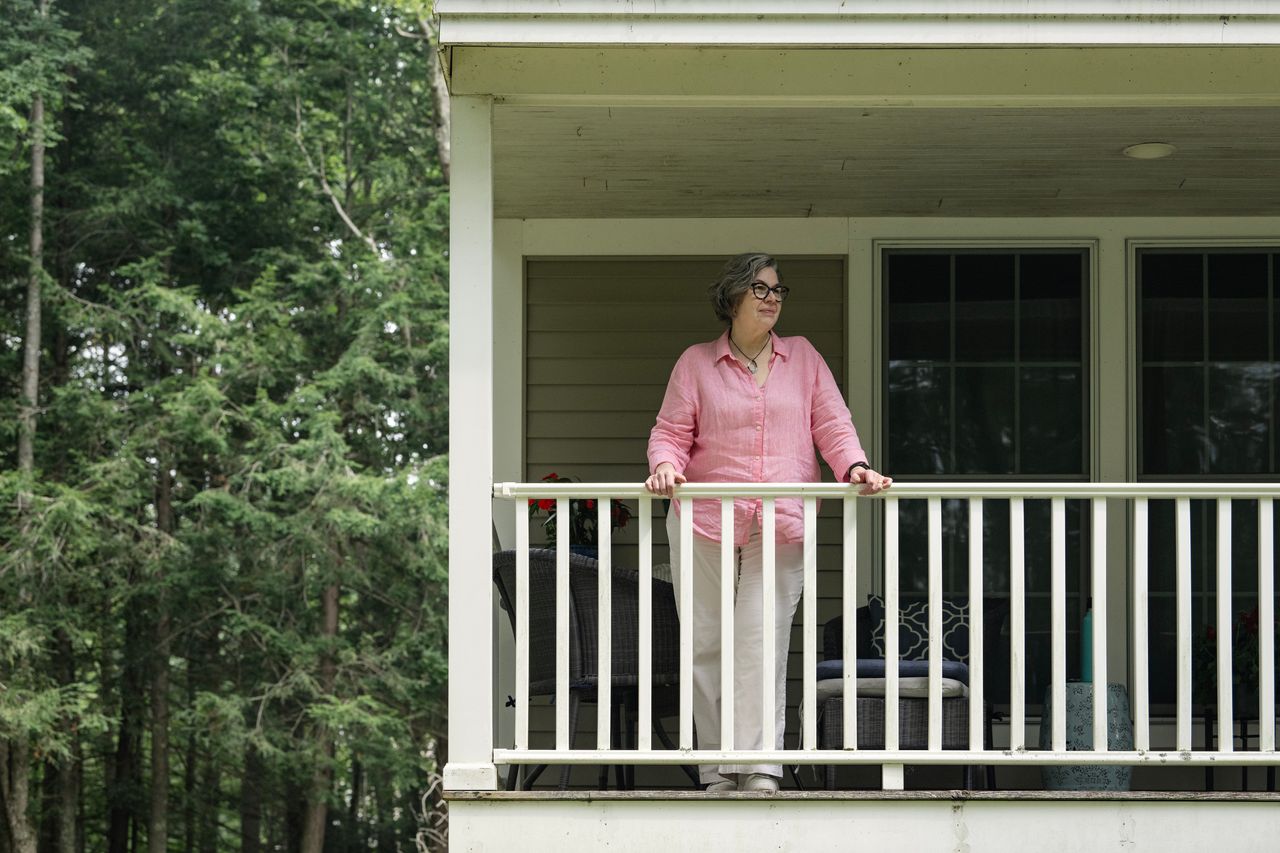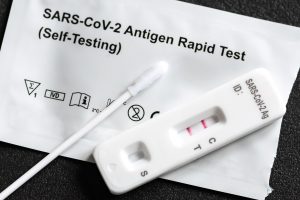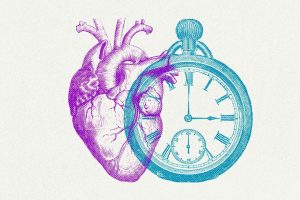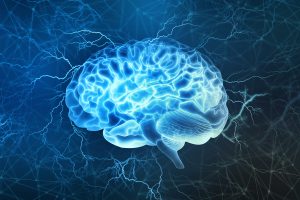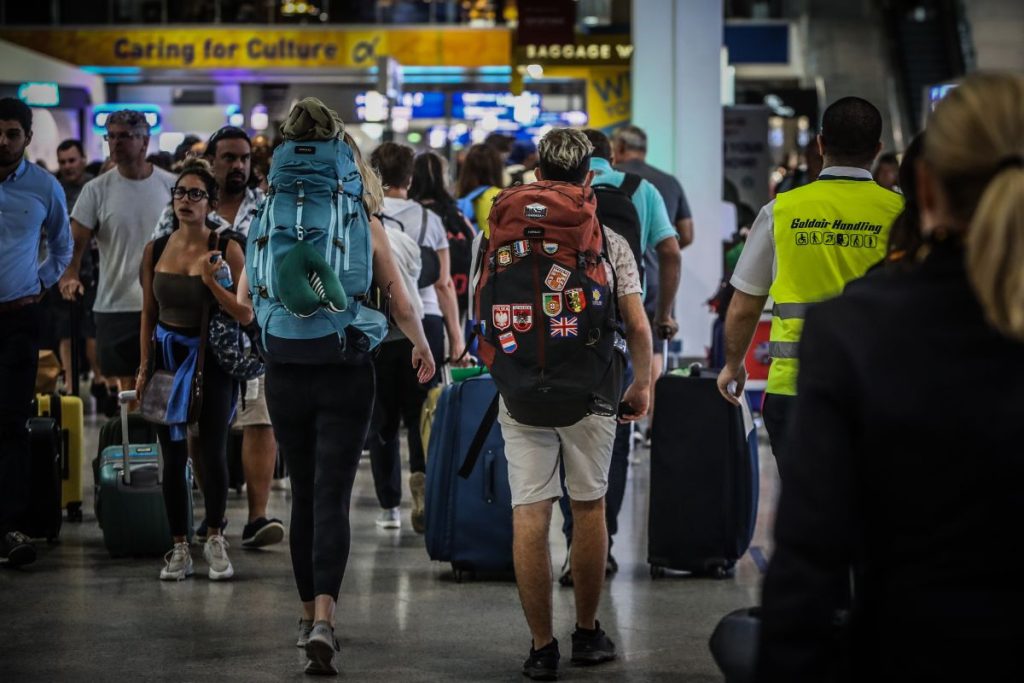Among Covid’s superlatives is the blow it dealt to people’s career plans en masse. Never before have so many Americans redrawn their relationships with work as a result of one public-health crisis. More than four years after the pandemic began, some are still reckoning with how to balance their livelihoods and life with long Covid , the chronic condition doctors are still trying to understand. People at the height of careers in finance, technology and healthcare are operating without clarity on when, or if, they can resume the paths they once laid out.
“Covid just kicked me off the train while it was still moving,” said Amie Pascal , 47, who spent years climbing the ladder at a digital-marketing agency in Oregon before getting long Covid.
Long Covid has pushed around one million Americans out of the labor force, economists estimate. More than 5% of adults in the U.S. have long Covid, and it is most prevalent among Americans in their prime working years. About 3.6 million people reported significantly modifying their activities because of the illness in a recent survey by the Centers for Disease Control and Prevention.
Long Covid is a chronic condition with symptoms lasting at least three months after a Covid infection, according to the CDC. Symptoms include fatigue, changes in memory, shortness of breath and trouble concentrating.
Long Covid can make tasks as simple as responding to an email arduous, people with the condition say. They struggle to summon the right word or manage stress. Among its many symptoms is post-exertional malaise , which can worsen after even minor physical or mental activity.
“People can’t go back to work or have to significantly cut down on the amount of work that they can handle,” said Akiko Iwasaki , an immunobiology professor at Yale School of Medicine.

Researchers don’t know how long symptoms can last . Few people with long Covid have fully recovered within two years. Patients say their doctors have tried everything from antihistamines to blood thinners to physical therapy to acupuncture. Some people might live with the condition for the rest of their lives, said Dr. Paul Volberding , a professor emeritus at the University of California, San Francisco.
“We are still learning week by week,” Volberding said.
Walking across the kitchen of her cafe in Biddeford, Maine, in June 2020, Stacy Cooper felt exhausted.
She had wanted to return to work at Biscuits & Company, the cafe she had opened as a bucket-list project in 2014, believing she was recovering from a Covid infection. She wanted to help businesses and her community recover from the pandemic shutdowns.
But she couldn’t remember the names of her customers. She couldn’t recall their orders or where to find the cream. She couldn’t calculate their change and blanked while trying to use the credit-card machine.
“Obviously I wasn’t recovering from the pandemic,” Cooper said.
She and her business partner closed Biscuits & Company in October 2021. She stopped her customer-service-training consultant practice, too.
“There’s a lot of grief in losing your identity when your identity is your work,” said Cooper, 64.
Some people with long Covid, which the federal government has classified as a disability , have stayed in their jobs. Human-resource managers have made accommodations including remote work, flexible hours or modified responsibilities, said Rue Dooley of the Society for Human Resource Management.

“It’s not going away,” he said. “It’s going to be one of another 100 conditions that we have to grapple with.”
Employment among Americans with disabilities has grown from 5.7 million in July 2019 to 7.4 million in July 2024, according to the Bureau of Labor Statistics. The rise is likely because of more options to work from home, said Nicholas Bloom , an economics professor at Stanford University.
People were more likely to develop long Covid at the start of the pandemic, according to a study published in July in the New England Journal of Medicine. The proliferation of vaccines and changes to the virus have made people infected with Covid less likely to develop long Covid.
Anisha Sekar , 33, hasn’t worked full time since she got Covid in 2020. Sekar worked in tech in San Francisco, eventually co-founding a fintech startup. She worked with her colleagues to develop a more accommodating schedule.
But when she tried to work more frequently, long-Covid symptoms including brain fog and nerve pain worsened. It was hard for her to bathe or eat. Work felt incompatible with her illness, Sekar said. She left her startup last year.
Sekar, Cooper and Pascal found each other online in 2020. They maintain a daily group text and gather on video calls to paint, crochet and sew together. They have watched all seven seasons of “Buffy the Vampire Slayer” together from their respective homes across the country.
“I sometimes feel self-conscious talking to my friends or family, because their life updates are about career milestones or deadlines or completed side projects, and I can’t answer in kind,” Sekar said. “It’s so affirming and joyful to have a space where someone asks about your day, and ‘I saw this cool bird, look!’ is not only an acceptable response, but a welcome one.”
Write to Jennifer Calfas at jennifer.calfas@wsj.com and Paul Overberg at paul.overberg@wsj.com
